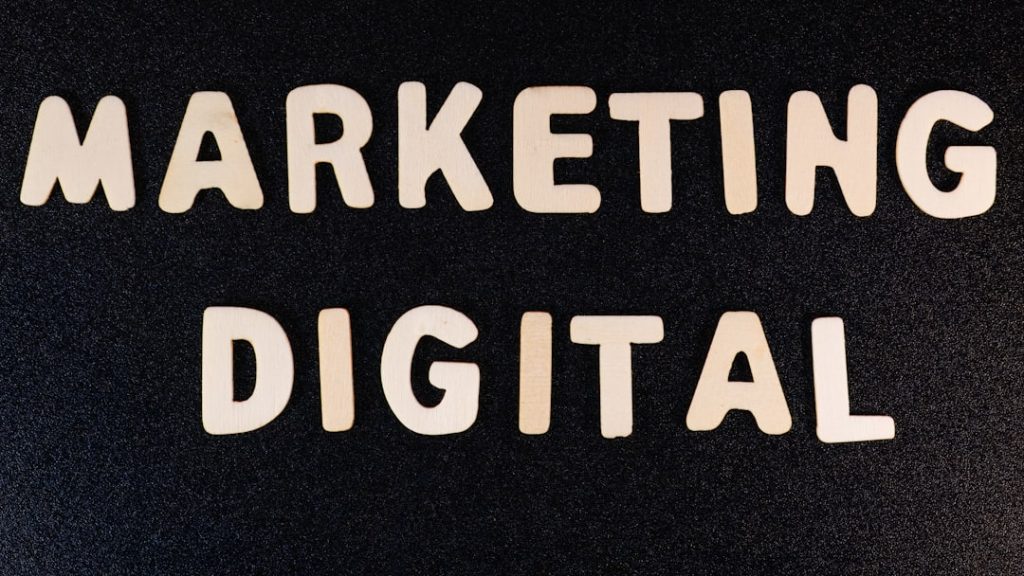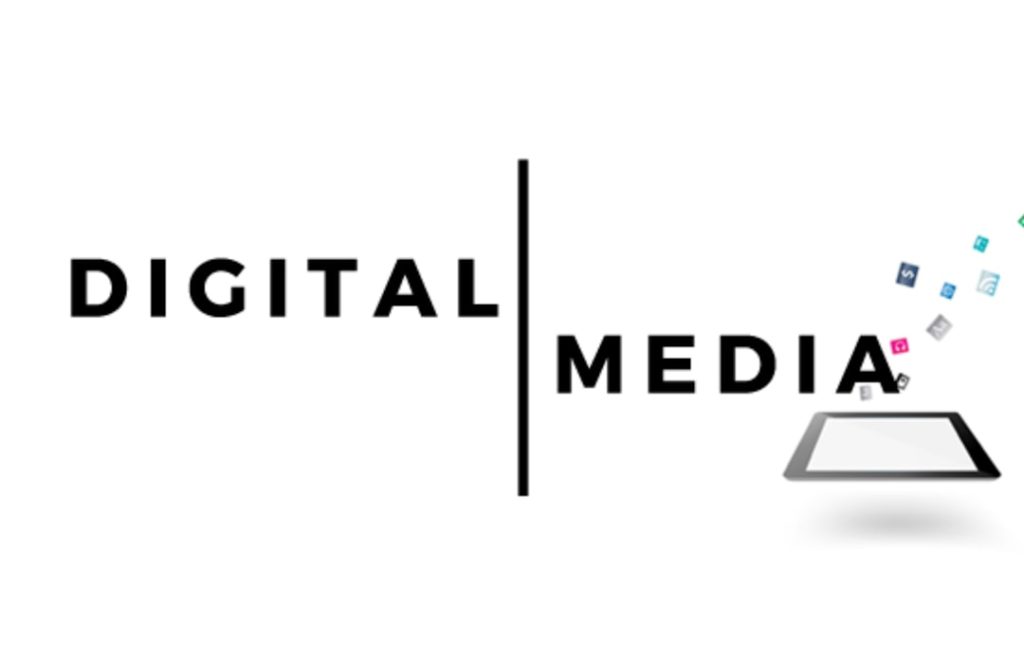Boost Your Business with Digital Marketing Services
Digital marketing services encompass a wide array of strategies and tools designed to promote products or services through digital channels. These services include search engine optimization (SEO), social media marketing, pay-per-click (PPC) advertising, email marketing, content marketing, and more. Each of these components plays a crucial role in establishing an online presence, reaching target audiences, and driving conversions. The digital landscape is constantly evolving, making it essential for businesses to stay updated on the latest trends and technologies to effectively engage with their customers. At its core, digital marketing is about leveraging the internet and electronic devices to connect with consumers. This can involve anything from optimizing a website for search engines to creating engaging social media content that resonates with users. The beauty of digital marketing lies in its ability to provide measurable results, allowing businesses to track their performance and adjust their strategies accordingly. As more consumers turn to online platforms for their purchasing decisions, understanding the various digital marketing services available becomes imperative for any business looking to thrive in today’s competitive environment. Key Takeaways Digital marketing services encompass a wide range of strategies and tactics to help businesses reach their target audience and achieve their marketing goals. Digital marketing is crucial for business growth as it allows companies to reach a larger audience, increase brand awareness, and drive more leads and sales. When choosing digital marketing services for your business, it’s important to consider your specific goals, target audience, and budget to ensure the best fit for your needs. Implementing effective SEO strategies is essential for business success as it helps improve website visibility, drive organic traffic, and increase online presence. Social media marketing is a powerful tool for engaging with your audience, building brand awareness, and creating a loyal customer base. The Importance of Digital Marketing for Business Growth In an era where consumers are increasingly reliant on digital platforms for information and shopping, the importance of digital marketing cannot be overstated. Businesses that embrace digital marketing strategies can significantly enhance their visibility and reach a broader audience. For instance, a well-executed SEO strategy can improve a website’s ranking on search engine results pages (SERPs), making it easier for potential customers to discover a brand. This increased visibility often translates into higher traffic, which can lead to more sales and ultimately drive business growth. Moreover, digital marketing allows for targeted advertising, enabling businesses to reach specific demographics based on various factors such as age, location, interests, and online behavior. This level of precision ensures that marketing efforts are not wasted on audiences that are unlikely to convert. For example, a local coffee shop can use geo-targeting in its PPC campaigns to attract customers within a certain radius, maximizing the effectiveness of its advertising budget. As a result, businesses that leverage digital marketing not only enhance their brand awareness but also foster customer loyalty and retention through personalized engagement. Choosing the Right Digital Marketing Services for Your Business Selecting the appropriate digital marketing services is crucial for aligning with your business goals and objectives. The first step in this process is to conduct a thorough analysis of your target audience and understand their preferences and behaviors. This insight will guide you in choosing the right mix of services that resonate with your audience. For instance, if your target demographic is predominantly active on social media platforms, investing in social media marketing may yield better results than focusing solely on email campaigns. Additionally, it is essential to consider your industry and competition when choosing digital marketing services. Different sectors may require distinct approaches; for example, a B2B company might benefit more from LinkedIn advertising and content marketing than from Instagram promotions. Furthermore, evaluating your internal resources and expertise can help determine whether you should manage these services in-house or partner with a digital marketing agency. Collaborating with experts can provide access to advanced tools and strategies that may be beyond the capabilities of an internal team. Search Engine Optimization (SEO) Strategies for Business Success Search Engine Optimization (SEO) is a fundamental component of digital marketing that focuses on improving a website’s visibility in search engine results. Effective SEO strategies involve both on-page and off-page optimization techniques. On-page SEO includes optimizing website content, meta tags, headers, and images to ensure they are relevant to targeted keywords. For example, a local bakery might optimize its website by including keywords such as “fresh bread in [city name]” or “best pastries near me” within its content to attract local customers searching for those terms. Off-page SEO, on the other hand, involves building backlinks from reputable websites to enhance domain authority and credibility. This can be achieved through guest blogging, influencer partnerships, or engaging in online communities related to your industry. For instance, if a fitness brand collaborates with health bloggers to create content that links back to its website, it not only drives traffic but also improves its search engine ranking. By implementing a comprehensive SEO strategy that combines both on-page and off-page techniques, businesses can significantly increase their organic traffic and improve their chances of converting visitors into customers. Social Media Marketing: Engaging Your Audience and Building Brand Awareness Social media marketing has emerged as a powerful tool for businesses seeking to engage their audience and build brand awareness. Platforms like Facebook, Instagram, Twitter, and LinkedIn offer unique opportunities for brands to connect with consumers on a personal level. By creating compelling content that resonates with users—such as eye-catching visuals, informative articles, or entertaining videos—businesses can foster community engagement and encourage sharing among followers. Moreover, social media allows for real-time interaction with customers, enabling brands to respond promptly to inquiries or feedback. This level of engagement not only enhances customer satisfaction but also builds trust and loyalty over time. For example, a clothing retailer might run a social media campaign encouraging customers to share photos of themselves wearing the brand’s products using a specific hashtag. This not only generates user-generated content but also creates a sense of community among
Boost Your Business with Digital Marketing Services Read More »









